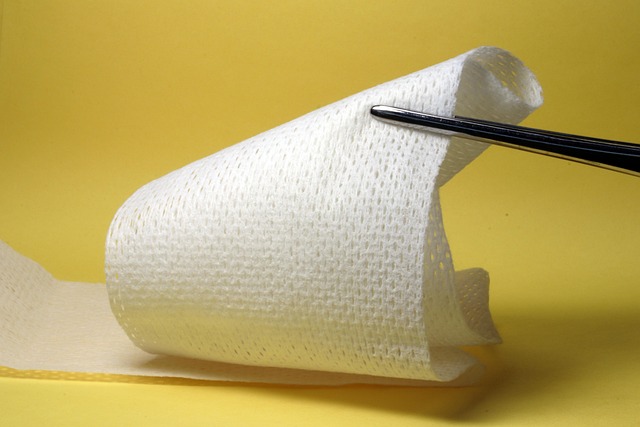Long-term chiropractic rehabilitation after car wrecks offers holistic healing, addressing chronic pain, reduced mobility, and structural issues through manual adjustments, therapeutic exercises, education, and lifestyle changes. Tailored plans consider spine-nervous system connection and overall health, empowering patients to manage conditions effectively for sustained wellness and injury prevention.
“Healing from a car crash extends far beyond initial symptoms. This comprehensive guide explores the intricate process of long-term chiropractic care, focusing on rehabilitation techniques that foster holistic recovery. From understanding the unique needs of post-crash patients to navigating the journey towards full functionality, this article delves into effective strategies for optimal healing. Discover how personalized, sustained chiropractic rehabilitation can transform lives after traumatic events.”
- Understanding Long-Term Chiropractic Care Needs
- Rehabilitation Techniques for Comprehensive Healing
- Post-Crash Recovery: A Journey to Full Functionality
Understanding Long-Term Chiropractic Care Needs

Chiropractors often play a vital role in the long-term recovery process for individuals who have been involved in car accidents, offering specialized care beyond immediate symptom relief. The term “long-term chiropractic rehabilitation” refers to a comprehensive approach tailored to help patients regain and maintain optimal physical function after a traumatic event like a car wreck. This type of care is crucial as it addresses the potential for chronic pain, reduced mobility, and other lasting effects that can persist even after the initial healing phase.
In the context of car accidents, chiropractic rehabilitation focuses on not just fixing the spine but also educating patients about injury prevention and empowering them to manage their pain effectively. Chiropractors use a variety of techniques, including manual adjustments, therapeutic exercises, and lifestyle recommendations, to promote healing and restore mobility. By understanding the complex interplay between the spine, nervous system, and overall health, chiropractors can develop personalized treatment plans that cater to the unique needs of each patient well beyond the initial recovery period.
Rehabilitation Techniques for Comprehensive Healing

Rehabilitation techniques play a pivotal role in comprehensive healing, especially for individuals who have experienced trauma, such as those involved in car accidents. Long-term chiropractic rehabilitation after car wrecks is designed to address not just the initial symptoms but also the underlying structural issues that may persist long after the acute phase has passed. Chiropractors employ a multitude of methods, including gentle adjustments, therapeutic exercises, and soft tissue techniques, to restore joint mobility, alleviate pain, and enhance overall function.
This holistic approach considers the interconnectedness of the body’s systems, focusing not only on the spine but also on related muscle groups and surrounding tissues. Regular sessions with a chiropractor can help manage chronic pain, improve posture, and increase range of motion, ultimately contributing to improved quality of life. The goal is not just to fix what’s broken but to empower individuals with the tools needed for sustained wellness and injury prevention.
Post-Crash Recovery: A Journey to Full Functionality

Many individuals who have been involved in a car wreck often experience initial symptoms such as pain, stiffness, and limited mobility. However, the journey to full recovery extends far beyond these acute stages. Long-term chiropractic rehabilitation after car wrecks plays a pivotal role in restoring functionality and enhancing overall well-being. This holistic approach involves tailored treatment plans that address not just the physical injuries but also the psychological impact of such traumatic events.
Chiropractors employ various techniques, including adjustments, therapy, and lifestyle modifications, to help patients regain their range of motion, strengthen muscles, and improve posture. Over time, this rehabilitation process facilitates better pain management, increases endurance, and promotes mental resilience. By focusing on the body’s natural healing mechanisms, chiropractic care empowers individuals to reclaim their active lifestyles and rebuild confidence in their physical capabilities post-crash.
Chiropractic care extends far beyond initial symptom relief. Long-term rehabilitation plays a pivotal role in restoring full functionality for individuals recovering from car crashes. By combining understanding of the patient’s needs with diverse techniques, chiropractors facilitate a holistic healing process. This journey, from managing acute pain to achieving lasting wellness, is a testament to the power of comprehensive care after traumatic events like car accidents. For those navigating post-crash recovery, embracing long-term chiropractic rehabilitation can be transformative, offering not just physical relief but a path towards enhanced overall well-being.














